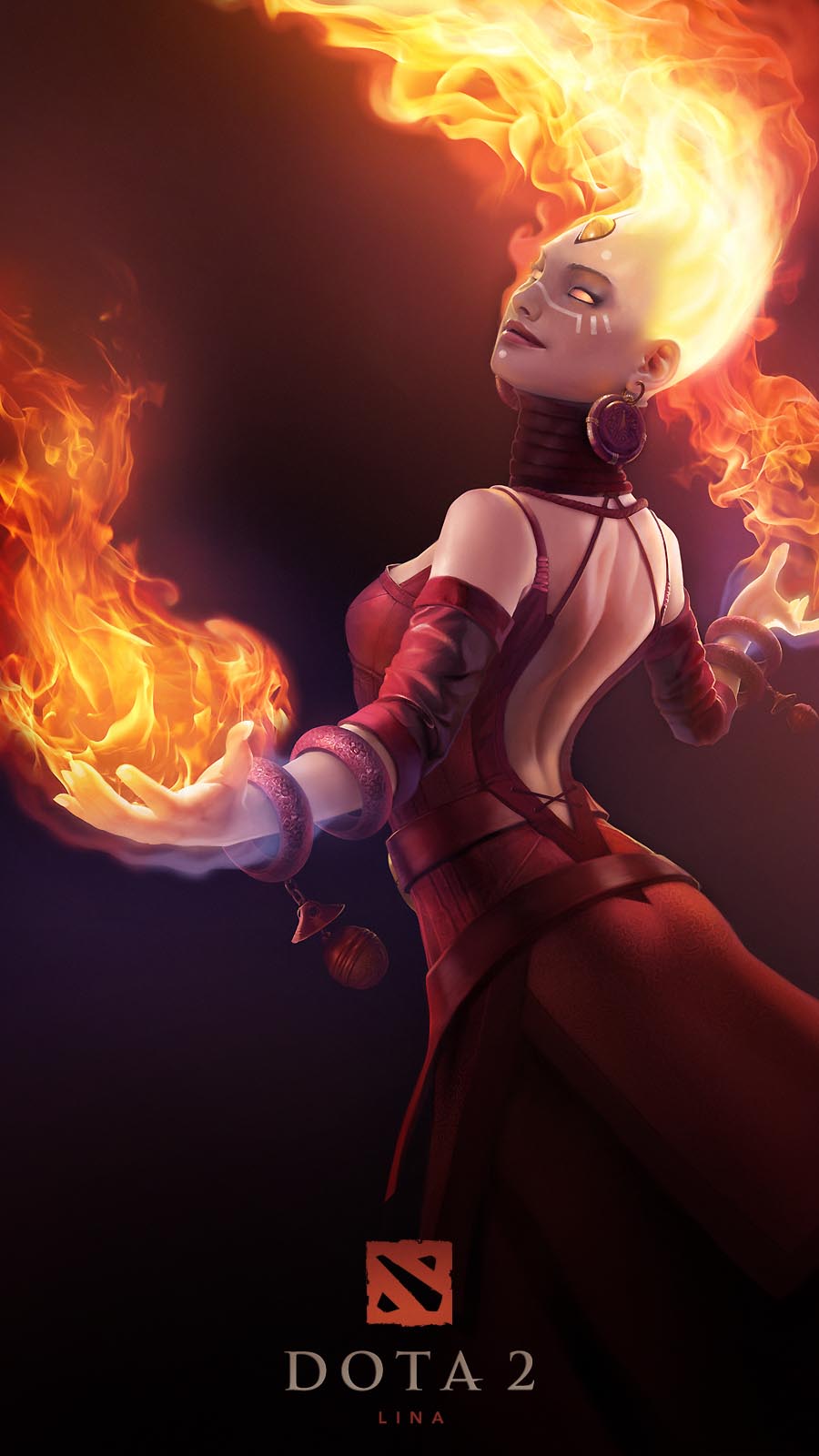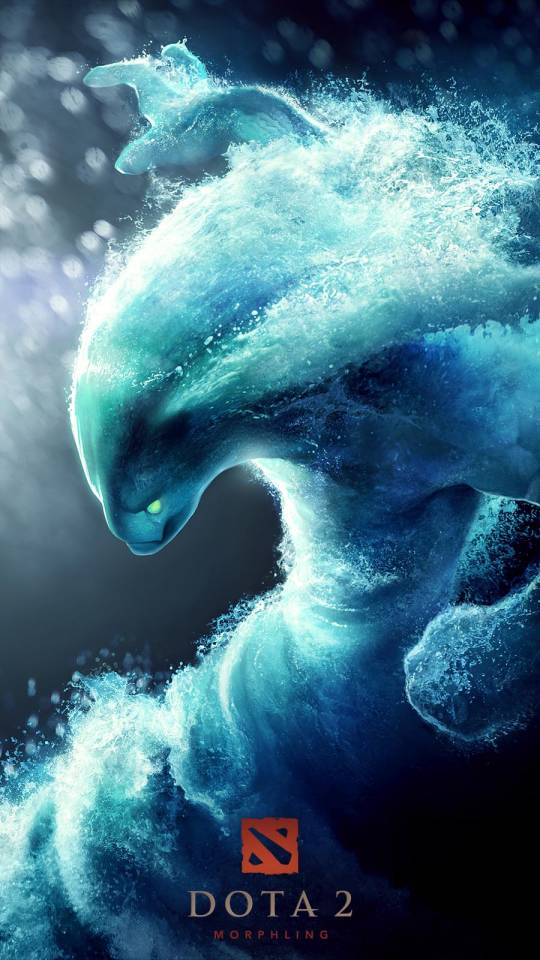We all had our suspicions when Valve hired Icefrog, the designer and curator of the ridiculously popular Warcraft III mod Defense of the Ancients. And we had a pretty good idea what was coming when URL-registry-digging site SuperAnnuation pulled up a Valve trademark for a game called DOTA. But today, in a sizable online story over on Game Informer, we finally saw the confirmation: Valve Software, with the help of Icefrog, is making Dota 2, the sequel to Defense of the Ancients. Not a remake or a spiritual successor, but a "sequel" to the popular mod that Valve in no way owns. In fact, unlike DotA, it's unclear if Valve's Dota 2 is even an acronym at all, or if the game just uses the pronounced acronym as the name of its own totally identical but technically unrelated game.
(As I suggested before, it's like if Valve released a sci-fi RPG where players controlled a space knight with laser swords and spaceships that just happened to be called "Kotor.")


Actually, the comparison to StarCraft II seems particularly apt; Valve seems to understand that, while DotA could be an excellent and exciting game, it was brutally difficult to get started playing the game, given a lack of competent matchmaking for the mod, few in-game resources that could teach players what they need to know to succeed, and a gameplay system where the death of a single player on a team could jeopardize the entire team (leading to a community that Game Informer charitably describes as “newbie-hostile”). As a result, Valve is putting the brunt of its development effort in Dota 2 into features that will help new or beginner players practice the game and reward knowledgeable players who impart their knowledge.
Most exciting of all, however, is the introduction of a "Coaching" system, and it sounds like this will be exactly what you imagine it to be. Players will have the option of being matched up with Coaches (veteran DotA players in this case) who will watch the training player as they play--literally seeing the same screen as the in-game player--and provide insight and strategy to a player over the course of a match. The coach and trainer will have a private voice chat session as well as standard text-based chat options so the two can communicate and better optimize the trainee. Those trainees will then be able to rate the coaches on their effectiveness, and good coaches will be able to access their own line of unlockable rewards.
All of this comes to Valve’s Dota sequel, which (as you might have guessed) abandons the old Warcraft III engine for Valve’s going-strong-after-seven-years Source engine. As you can see from the character renders from the Game Informer article, the aesthetics of Dota 2 also seems to have been altered as a result of leaving the exaggerated features and bright colors of the Warcraft III engine (and popular DotA-inspired games like League of Legends), trading them in for a slightly darker, more realistic look.
You can read the Game Informer article for some more insight into the Dota design process (as well as see multiple members of the Valve team refer to Icefrog as “one of the smartest designers we’ve ever hired”). However, your enjoyment of Dota 2 will boil down to one question that you need to answer; do you already like Defense of The Ancients? If you said no, than Valve hopes it’s because of the game’s difficulty curve, and that better matchmaking and an active social community will ease you into the game (along with Valve’s reputation for releasing quality software). If you already like DotA, however, then Dota 2 looks to be exactly the kind of game you expect--even if it's not technically related to the original mod--when it’s released next year on the PC and Mac.
Images courtesy of Game Informer